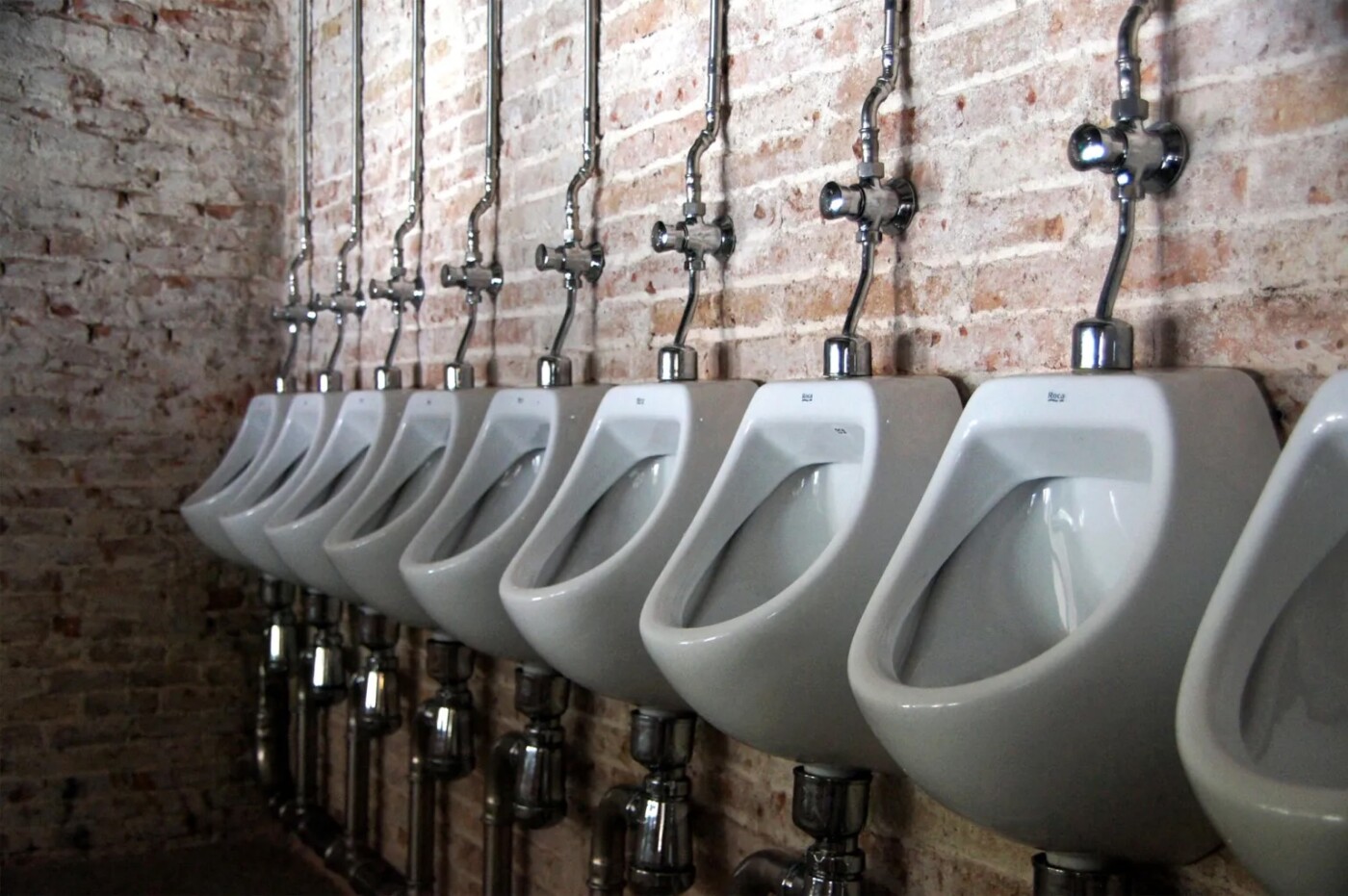The use of recycled water could expand significantly in California under a new bill introduced this week by state Sen. Jerry McNerney.
McNerney, D-Pleasanton, said the proposed law would help “drought proof” the state by loosening the rules governing how businesses, homes and government agencies use treated wastewater for irrigation and other things, thereby saving precious drinking water for better uses.
“Instead of water wars pitting one region of the state against the other, North versus South, California must develop common sense solutions that enable us to use the water we have more efficiently,” McNerney said in a news release Tuesday.
The legislation, Senate Bill 31, is intended to help the state reach its goal of having people use 1.8 million acre-feet of recycled water annually by 2040. Currently, Californians use about 700,000 acre-feet per year, according to McNerney’s announcement.
If approved by the Legislature and signed by the governor, the bill would expand the use of recycled water in parks, remove regulatory barriers to using it in decorative bodies of water, require homeowners’ associations to use it to irrigate outdoor common areas and allow food handling and processing facilities to use recycled water in toilets or irrigation, among other things.
The bill is sponsored by WateReuse California, which describes itself as “the nation’s only trade association solely dedicated to advancing laws, policy, funding, and public acceptance of recycled water.”
The post Bay Area legislator’s proposal would expand uses of recycled water for toilets, irrigation appeared first on Local News Matters.
